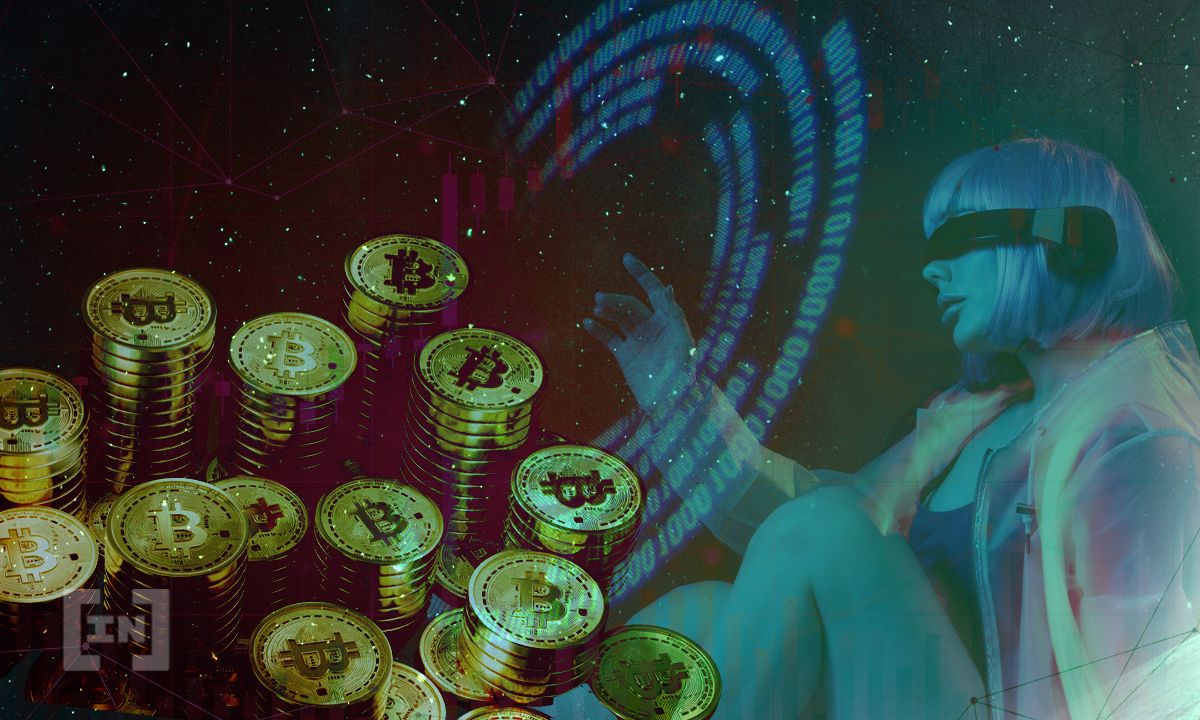Steam co-founder and president Gabe Newell revealed that when the platform accepted bitcoin payments, 50% of transactions were fraudulent. This led to Steam dropping support for bitcoin payments. Steam has also banned games with NFT and crypto integration, citing bad actors.
Co-founder and president of the Steam video game distribution platform, Gabe Newell, has spoken about why it stopped accepting bitcoin payments. Newell revealed that an astonishing 50% of bitcoin transactions on the platform were fraudulent. This played a large part in the decision to stop bitcoin payments in December 2017.
Newell was speaking to a representative from PCGamer, and when asked about crypto payments, he said that 50% of transactions were fraudulent and that “these were customers we didn’t want to have.”
Volatility was another problem, he said, as it meant that users were either widely underpaying or overpaying for games. This has been noted as being a problem for other merchants as well, though a recent Crypto.com report seems to indicate a growing interest among merchants.
However, Newell was not entirely dismissive of blockchain technology. Rather, he believed that there was still a lack of compelling use cases for the technology. In other words, it was a solution seeking a problem. Specifically, he said,
“There’s a lot of really interesting technology in blockchains and figuring out how to do a distributed ledger, [but] I think that people haven’t figured out why you actually need a distributed ledger.”
Steam won’t allow NFTs
Earlier this year, reports emerged that Steam would not allow NFTs on its platform. NFTs have been very controversial in the gaming space, despite the fact that there is a sizable throng of notable developers seeking to utilize them — Ubisoft being one of the major ones.
Newell said that the problem with NFTs was that many of those involved were bad actors. NFT scams have indeed proven to be a thorn in the side of the niche. Marketplaces are reviewing how they can better protect users from such incidents.
It’s still a long way to go in the NFT market. It’s proven to be so successful because of its mainstream appeal, and its collectible nature is something that has always attracted people. But given that NFT scams are plentiful and affect precisely those who have little experience, something will have to be done to improve user protection.
Trusted
Disclaimer
In adherence to the Trust Project guidelines, BeInCrypto is committed to unbiased, transparent reporting. This news article aims to provide accurate, timely information. However, readers are advised to verify facts independently and consult with a professional before making any decisions based on this content. Please note that our Terms and Conditions, Privacy Policy, and Disclaimers have been updated.


